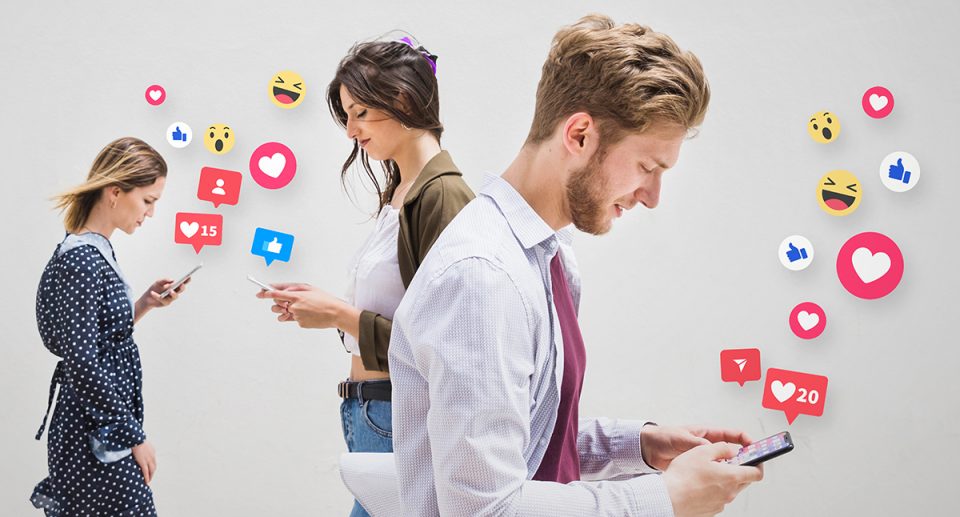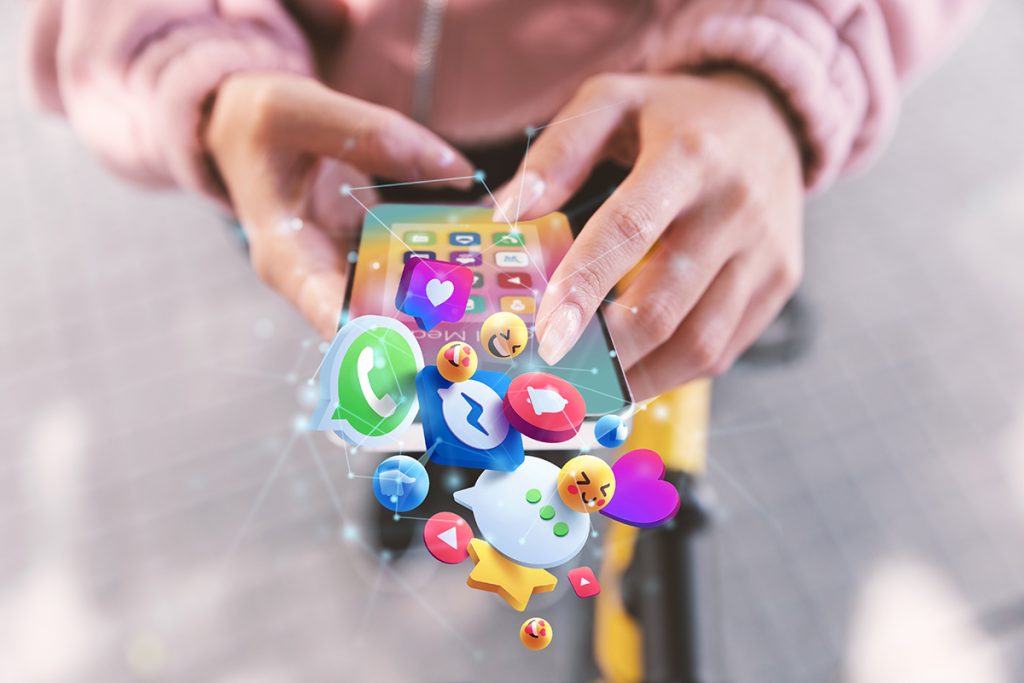Why start a social media detox?

The concept of taking a break from using social media has gained traction alongside the increasing popularity of platforms like Twitter, Facebook, and other digital apps. Studies indicate that temporarily disconnecting from these platforms may have positive effects on one’s mental well-being.
In comparison to pre-COVID times, people nowadays tend to spend more time on social media. According to Smart Insights’ research in 2022, the average social media user dedicates approximately two and a half hours each day to these platforms. Given this trend, it’s no surprise that many individuals are intrigued by the idea of a social media ‘cleanse’ or detox.
Essentially, a social media cleanse refers to a period of time during which a person refrains from using Twitter, Facebook, or other similar digital platforms. The duration of such a cleanse varies depending on the individual, with no specific timeframe defined. Some self-help resources may suggest a 30-day cleanse, while others opt for shorter periods like a week, or even just a few days.
According to Trine Syvertsen, a professor of media and communication at the University of Oslo in Norway and the author of ‘Digital Detox: The Politics of Disconnecting’, the definitions of these terms are flexible. Some individuals may decide to completely disconnect from all social media platforms, whereas others may opt to limit their usage to only a select few apps.

The possible benefits of a social media detox
Social media usage, including excessive use, is frequently associated with depression, anxiety, and feelings of loneliness. Previous research has also established a connection between social media use and increased stress levels and low moods. Therefore, taking a break from social media can appear as a logical step towards improving one’s well-being.
In a study published last year in Cyberpsychology by researchers at the University of Bath in the U.K., it was discovered that taking a week-long break from social media resulted in self-reported positive effects on well-being, depression, and anxiety among 154 social media users. Jeff Lambert, from the University of Bath’s health department, highlighted in a press release that this suggests even a brief break can have an impact.
Another study conducted in Denmark indicated that quitting Facebook for a week led to heightened life satisfaction and an increase in positive emotions among participants. The research paper further explains that these effects were notably more significant for heavy Facebook users, passive Facebook users, and individuals who tend to experience envy towards others on Facebook.
According to Theda Radtke, a professor of psychological health and applied diagnostics at the University of Wuppertal in Germany, the evidence regarding the effectiveness of social media breaks is generally mixed. Radtke was part of a research team that reviewed various studies on this topic. One of the challenges lies in the way these studies are conducted, as they often lack control groups.
The researchers noted that while some studies showed ‘promising results’ in terms of reducing overall social media usage and symptoms of depression, other findings were less conclusive. Certain vulnerable groups, such as adolescents, are particularly at risk from excessive social media use and may benefit more from taking a break compared to others.

Much more than only a social media detox
According to Radtke, engaging in a social media break, cleanse, or detox can serve as a beneficial initial step for individuals who feel that their social media usage is negatively impacting their lives.
However, Radtke suggests delving deeper into the personal usage patterns to address the broader issue. It is important to consider aspects such as excessive consumption of Facebook or Twitter posts, instances where partners use their phones in front of you, or when social media use becomes predominantly work-related. Taking a step further, it is advisable to develop a plan to regulate and manage these specific areas.
Based on her own research, Syvertsen has discovered that these breaks are often not an instant solution for those who attempt them.
According to Radtke, many individuals find it challenging and unsatisfying to take a break from social media. The reasons for being online can vary greatly, and depending on the level of connectivity one is accustomed to, giving up social media can require significant self-discipline.
This is not to imply that temporarily disconnecting from social media will have no impact. However, based on the available evidence, it is important to moderate expectations and take additional steps to delve deeper into the issue, as advised by the researchers.
Radtke suggests that it may not be solely about taking a break from electronic devices but also about examining and analyzing one’s own behavior in more detail.




















